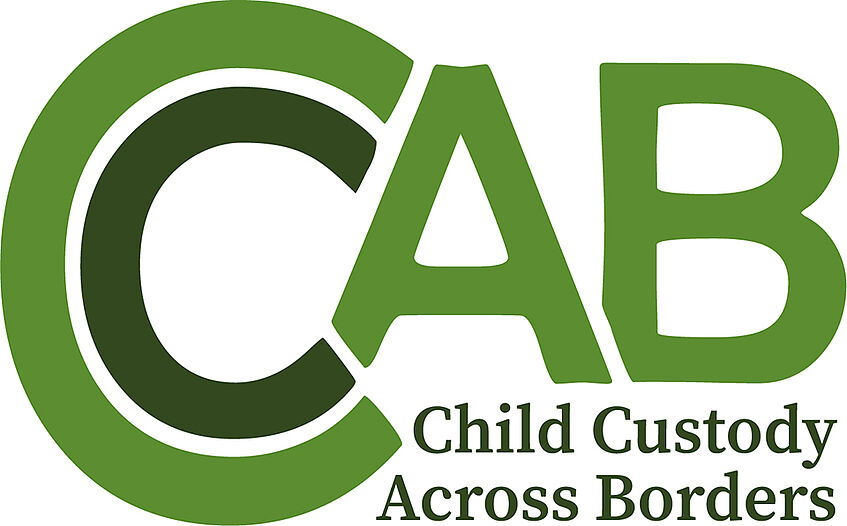Child Custody Across Borders

Child Custody Across Borders
After a divorce or separation, a parent seeking to migrate from the country of residence with a minor child will meet challenges: Legal regulations stipulate that a child may not be taken to another country without the consent of the other custodial parent, and provides for the child’s prompt return to the country of habitual residence. International child custody conflicts and residential moves can be carried out lawfully (relocation) or unlawfully (abduction).
In light of rising geographical mobility and increasing numbers of binational partnerships, this issue has become more pressing: Every year, thousands of children in the European Union experience removal to or retention in another country by a parent. To date, this issue has been studied mainly from a legal perspective while essential sociological questions remained unanswered. Theoretically based on the divorce-stress-adjustment perspective, the praxeological approach (‘doing and undoing family’) and the theory of ambiguous loss, the planned study will address this research gap.
The study focuses on four main objectives: providing a comprehensive sociological examination of the entire process and spectrum of cross-border child custody; identifying key issues and dynamics by considering the subjective perspectives and practices of the individual family members and their network; explaining how family boundaries are shaped in families with international child residence conflicts; investigating how legal systems shape negotiations of parental child abduction and relocation.
Methodically, the study relies on a qualitative content analysis of online threads; a thematic analysis of expert interviews; case studies of families who experience(d) international child custody conflicts, based on interviews and ecomaps with parents, children, and other members of cross-border post-separation families and their social networks; a thematic and situational analysis of court records involving return applications (from parents who wish to relocate a child who currently lives in Austria to another country) to Austrian courts.
This is the first study to investigate and explicate the entire process and spectrum of child custody across borders, within the (extended) family and in court. It is the first comprehensive sociological study on this issue and the first study focusing on the German-speaking area, in particular on Austria. The study will impart systematic insight into the reasons, experiences, practices, and consequences of international child custody and residence negotiations.
Funding: Austrian Science Fund (FWF)
Duration: 2023-2026
